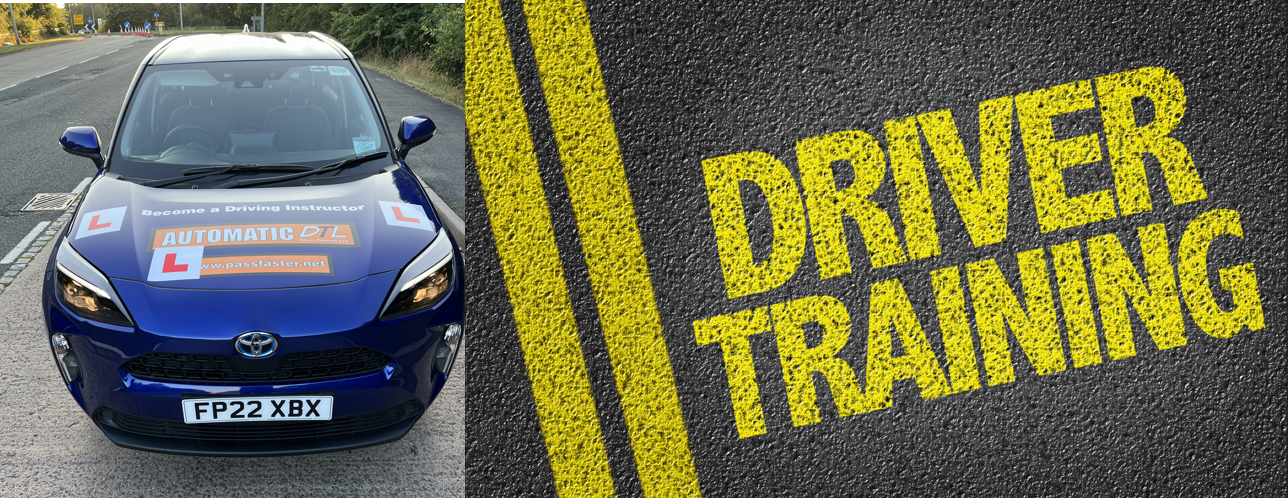No Motor Vehicles vs No Motor Vehicles Except Solo Motorcycles

Road signs in the UK can sometimes feel like trick questions — especially when two signs look almost identical, but mean very different things. One of the Highway Code’s favourite examples is the pair: “No Motor Vehicles” and “No Motor Vehicles Except Solo Motorcycles.”
At a quick glance, they look the same: a red circle with a car above a motorbike. But look closer, and you’ll notice that extra wording underneath — and that changes everything.
Let’s break it down so you’ll never get caught out.
No Motor Vehicles

- Appearance: A red circle with a black car with a black motorbike above it.
- Meaning: A blanket ban — no motor vehicles are permitted beyond this point.
- Cars
- Motorcycles
- Vans
- Lorries
- Buses
- Anything else powered by an engine.
- Typical locations: Pedestrianised zones in town centres, country lanes restricted to walkers, bridleways, or shared-use paths.
👉 How to remember: Two vehicles in the picture = all motor traffic is banned.
No Solo Motorcycles

A “solo motorcycle” is a standard, two-wheeled motorcycle that does not have a sidecar attached to it. The term “no solo motorcycles” refers to a regulatory sign that prohibits these types of motorcycles from entering a specific road or area, often to reduce noise, prevent dangerous riding in pedestrian zones, or protect sensitive environments.

What is a solo motorcycle?
- A motorcycle with two wheels and no attached sidecar.
- It is distinct from a motorcycle combination (which has a sidecar) or other vehicles.
What does “No solo motorcycles” mean?
- It is a specific road sign that prohibits solo motorcycles from entering a designated area or route.
- The sign typically shows a motorcycle icon within a red circular border.
Why would this restriction be in place?
- Noise and nuisance: To prevent noise pollution from motorcycle engines in quiet areas.
Safety: To keep motorcycles out of areas with high pedestrian traffic, like pedestrian zones. Environmental protection: To protect ecologically sensitive areas from damage by vehicles. Traffic management: To regulate traffic flow on certain roads, keeping them clear for other vehicles or types of traffic.
How it differs from other “no vehicles” restrictions:
- The “No solo motorcycles” sign is specific to solo motorcycles, allowing other vehicles (like cars) to pass, unlike a general “No vehicles” sign.
Sometimes, it’s used in conjunction with other restrictions; for example, a supplementary plate may indicate that solo motorcycles are allowed at certain times or under specific conditions.

